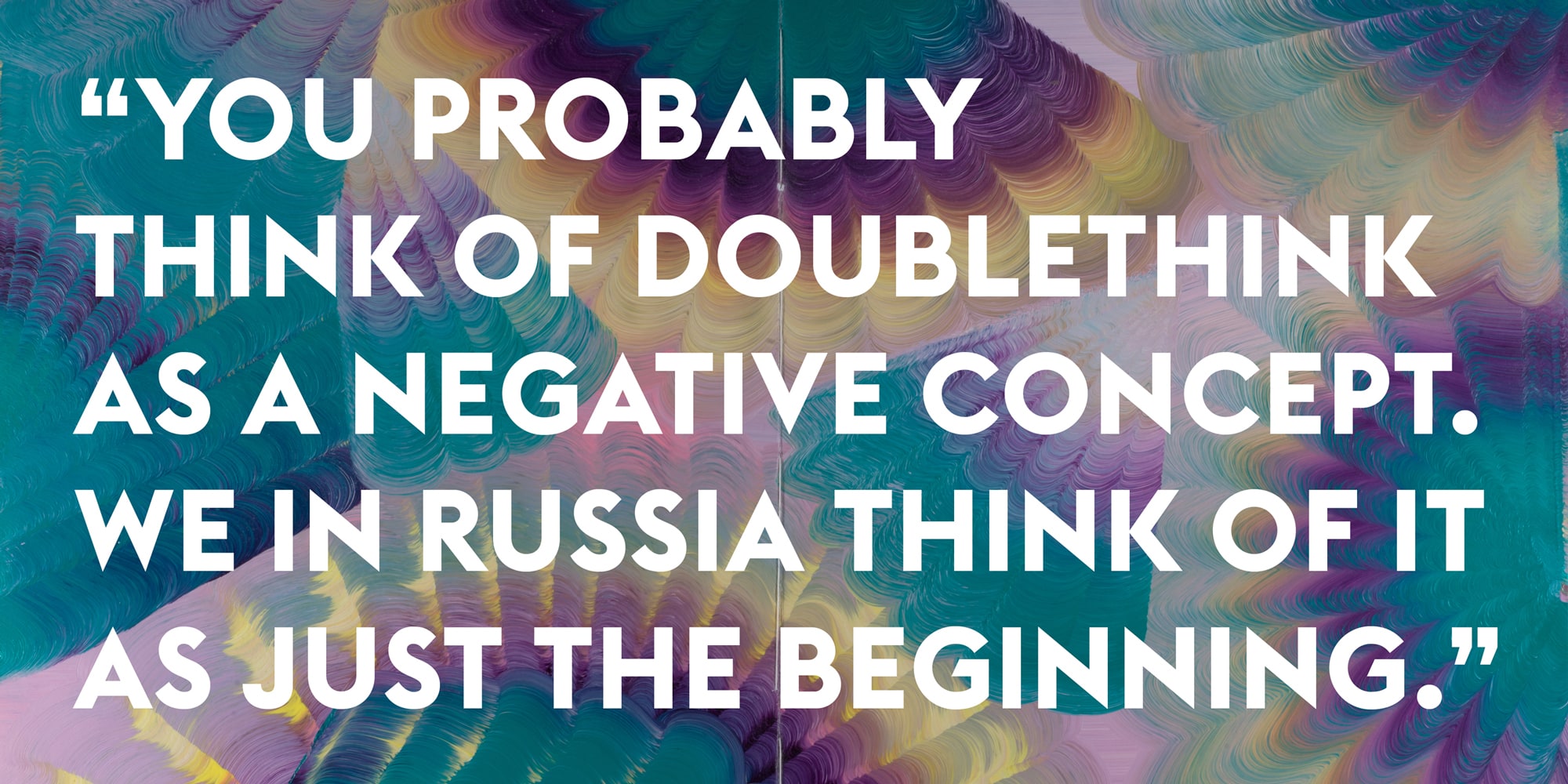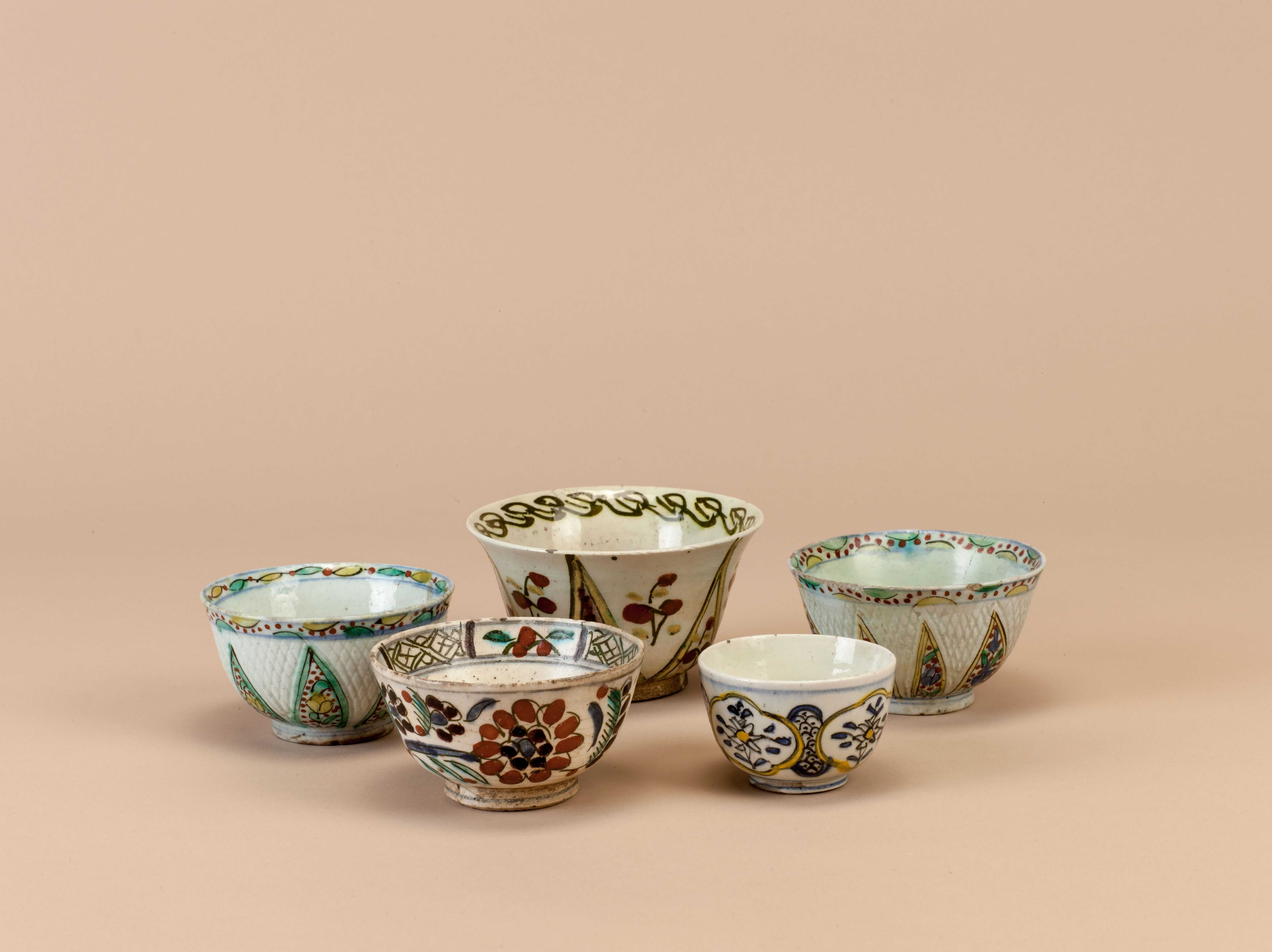Directors: Ronit Elkabetz, Shlomi Elkabetz
Cast: Simon Abkarian, Sasson Gabai, Ronit Elkabetz, Menashe Noy
Israel, France, Germany, 2014, 112', color
Hebrew with Turkish subtitles
In Israel there is neither civil marriage nor civil divorce. Only rabbis can legitimate a marriage or its dissolution. But this dissolution is only possible with full consent from the husband, who in the end has more power than the judges. Viviane Amsalem has been applying for divorce for three years. But her husband Elisha will not agree. His cold intransigence, Viviane’s determination to fight for her freedom, and the ambiguous role of the judges shape a procedure in which tragedy vies with absurdity, and everything is brought out for judgment, apart from the initial request.
Director Shlomi Elkabetz will be in conversation after the screening on November 11.
Free admissions. Drop in, no reservations.
Trailer

Our institutions have been stuck on linear Neo-Platonic tracks for 24 centuries. These antiquated processes of deduction have lost their authority. Just like art it has fallen off its pedestal. Legal, educational and constitutional systems rigidly subscribe to these; they are 100% text based.

Coffee was served with much splendor at the harems of the Ottoman palace and mansions. First, sweets (usually jam) was served on silverware, followed by coffee serving. The coffee jug would be placed in a sitil (brazier), which had three chains on its sides for carrying, had cinders in the middle, and was made of tombac, silver or brass. The sitil had a satin or silk cover embroidered with silver thread, tinsel, sequin or even pearls and diamonds.
Tuesday - Saturday 10:00 - 19:00
Friday 10:00 - 22:00
Sunday 12:00 - 18:00
The museum is closed on Mondays.
On Wednesdays, the students can
visit the museum free of admission.
Full ticket: 300 TL
Discounted: 150 TL
Groups: 200 TL (minimum 10 people)